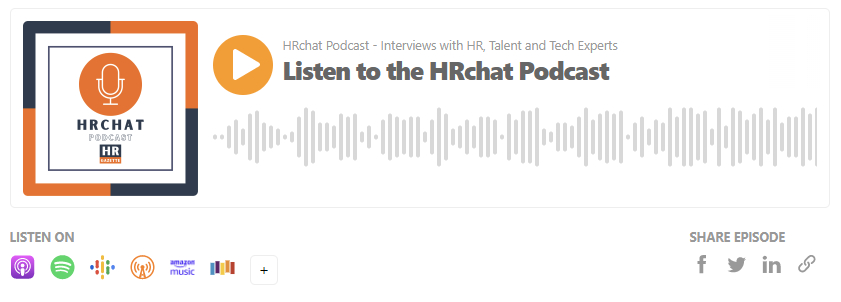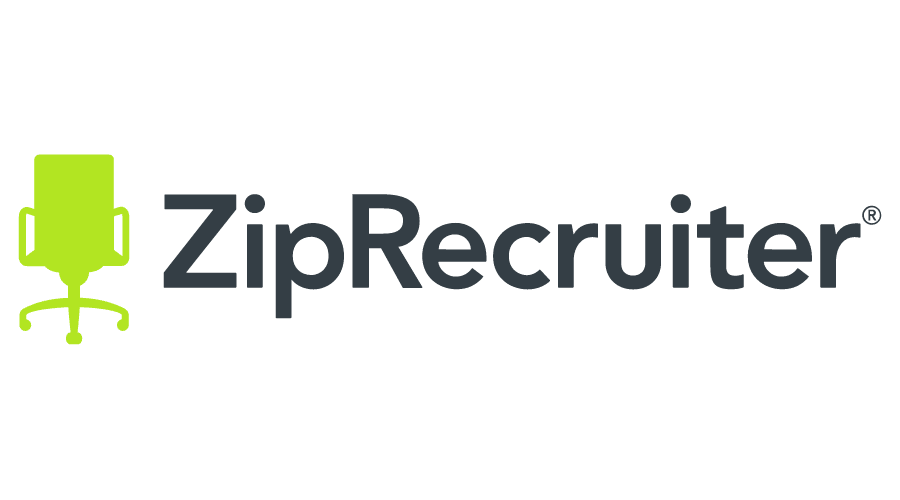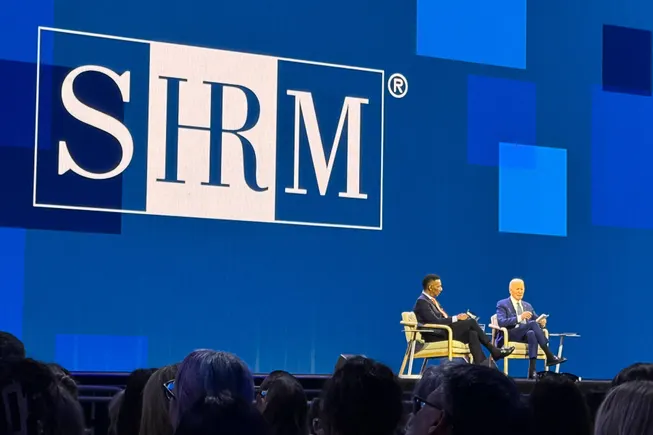AI is here – not as a distant disruptor, but as a daily presence in how organizations plan, communicate, and make decisions. The real challenge isn’t technological adoption; it’s cultural transformation. In episode 856 of the HRchat Podcast, my co-host David Creelman and I sat down with Dr. Jessica Kriegel, Chief Strategy Officer at Culture Partners and co-author of the upcoming book Surrender to Lead (January 2026), to explore how leaders can use AI to enhance, not replace, the human side of work.
From Control to Connection
Jessica began with a provocative question: “What if leadership isn’t about control at all?”
Too often, organizations fall into what she calls “the action trap”- mistaking activity for progress. Leaders respond to complexity with more meetings, more initiatives, more dashboards. But growth, Jessica reminds us, doesn’t come from doing more; it comes from believing differently.
The illusion of control, she argues, is the biggest barrier to transformation. Real change happens when leaders surrender not in weakness, but in trust. By letting go of rigid command structures and focusing instead on creating meaningful experiences, leaders can shift employee perceptions, align teams, and spark genuine engagement.
The Human Edge in the Age of AI
While AI can process, predict, and personalize, it can’t replace the nuance of human belief. Jessica shared how the most effective organizations don’t just deploy AI, they design experiences that reinforce shared purpose and accountability.
“Change doesn’t start with systems or data,” Jessica said. “It starts with what people believe.”
That belief-driven approach becomes even more critical as AI begins to influence workplace culture itself. Some companies are already experimenting with “culture-measuring” chatbots or meeting-analysis tools that claim to assess team dynamics. Jessica’s advice? Proceed with caution.
AI can democratize data – helping managers ask sharper questions and connect human behavior to business outcomes, but it also carries risk. Misused analytics can blur the line between empowerment and surveillance, eroding the very trust culture leaders are trying to build.
Where AI Actually Works
In our discussion, Jessica highlighted AI’s most promising applications:
- Insight over automation: Natural-language tools that allow frontline leaders to interrogate sales pipelines or operational data, turning insight into shared intelligence.
- Governance and guardrails: Establishing clear rules to test for model drift, bias, and “hallucinations” before scaling AI solutions.
- Linking culture to performance: Using data not just for compliance or productivity, but to connect beliefs to business results, the language CFOs and boards respect.
She warns against the allure of AI tools that claim to “read” emails for personality cues or conduct emotional profiling. The takeaway: treat AI like a fast assistant with blind spots, not a mind reader.
A Playbook for Meaningful Change
Jessica left us with a simple but powerful framework for HR and business leaders ready to make real progress:
- Identify the beliefs blocking results.
- Define the beliefs you need to achieve them.
- Design consistent experiences – from team rituals to leadership conversations
This, she argues, is how HR earns its most durable seat at the table: by speaking the language of strategy and finance while staying anchored in human insight.
Surrender to Lead
Jessica’s upcoming book, Surrender to Lead, expands on these ideas, urging leaders to let go of the illusion of control and focus instead on presence, mindset, and meaning. The goal isn’t to manage people harder; it’s to create conditions where alignment and belief drive performance naturally.
For anyone navigating the twin revolutions of AI and culture, Jessica Kriegel’s message lands like a breath of fresh air: change doesn’t require more control, it requires more courage to let go.
Related Content





















